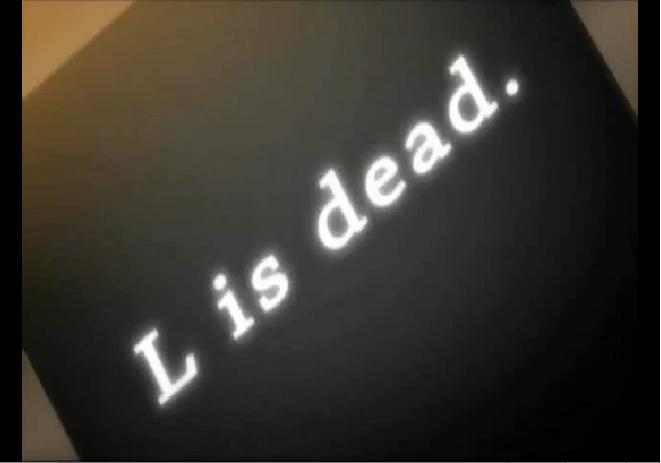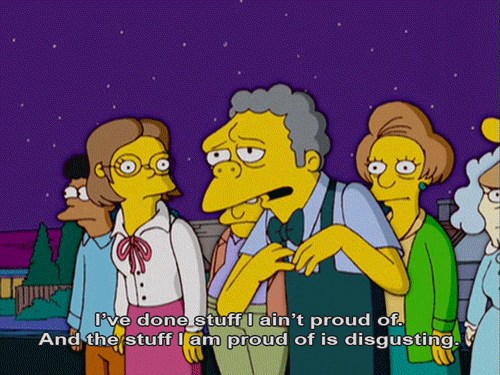“internet trolling is not random—it is a sentient, directed, strong-armed goon of the status quo”
“It could be used for anything depending on how creepy you want to be”
“So women aren’t geeks, so is that your conclusion?”
“Online and offline only scratch the surface of dualist language”
“It’s the heart of the video, surgically removed and held aloft, endlessly beating”
“The war on whistleblowers is just as much a war on journalists”
“To blame Reddit is to pretend that the platform is the problem” more...








